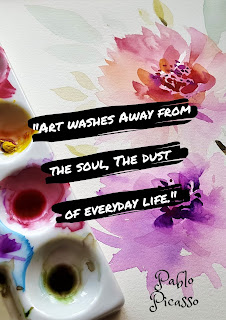Comparative Judgement - What Next?

This is the final post in a series of three in which I have reflected on my experience of trialling comparative judgmement as a way of assessing children's writing. After the second period of remote learning, writing soon emerged as the skill that had taken the biggest 'hit' for a majority of our children. The complexity of writing, and its range of constituent sub-skills meant that to address the issue as a whole, we had to support the development of each part. As a junior school and a very small primary, most of our children are of junior age. For those who were already in Y3 or above prior to the pandemic, writing stamina and spelling needed to improve, whilst for the younger children, fine motor skills and handwriting were additional areas for our focus. We had already begun to use a new handwriting scheme in September 2020, following the first period of remote learning, but after further disruption, we went back to the beginning with all year groups. Teachers in j...



